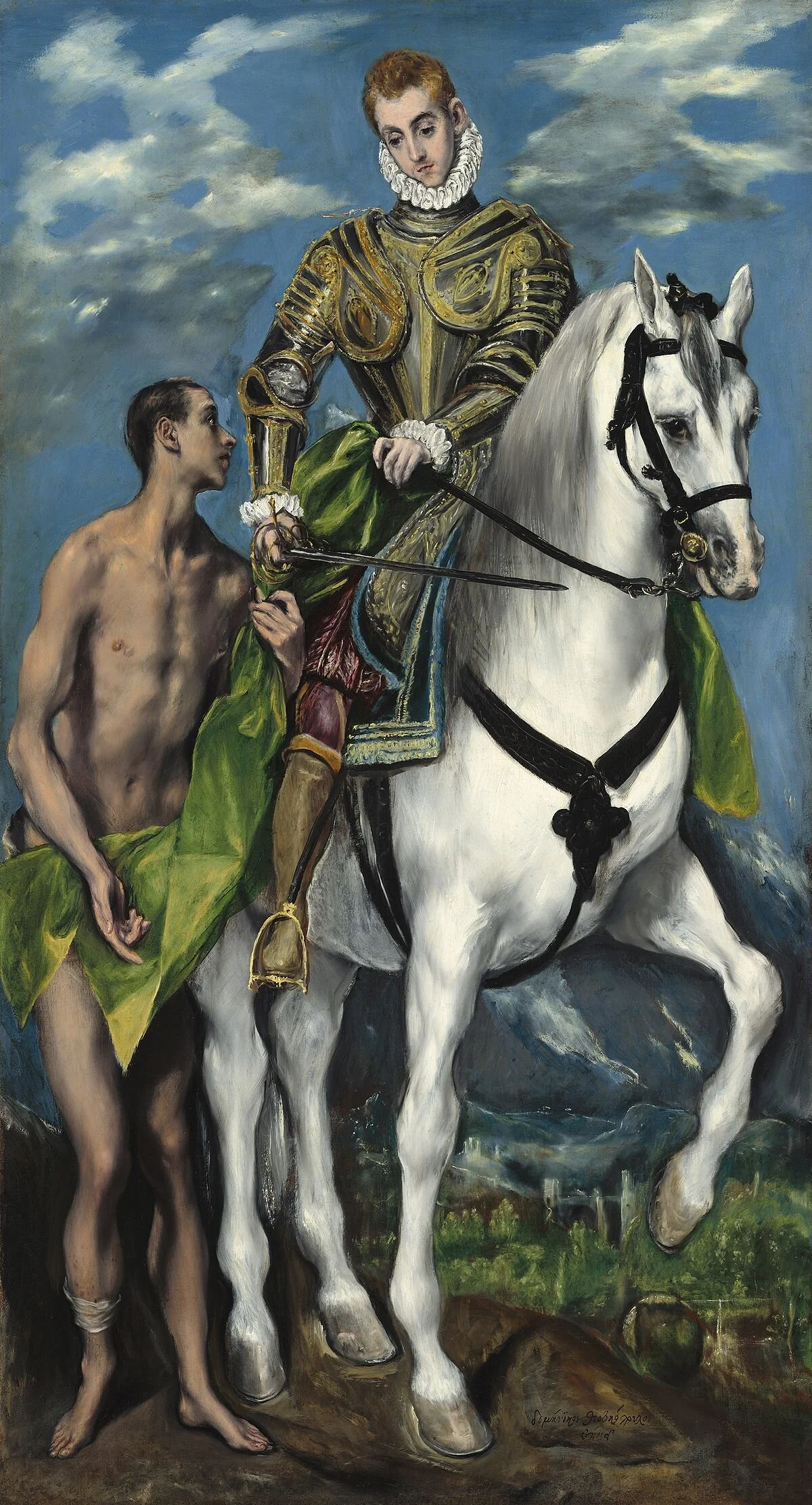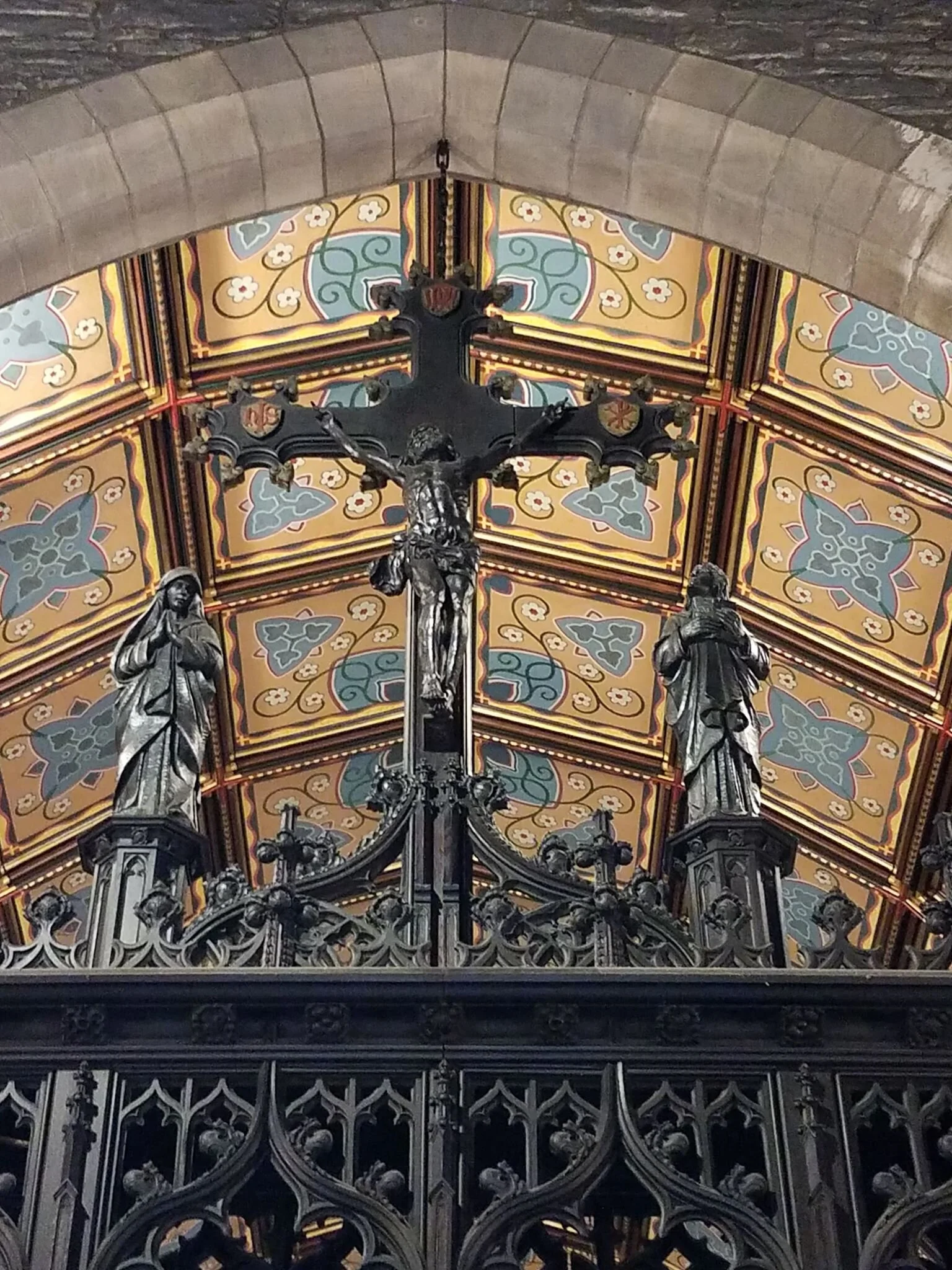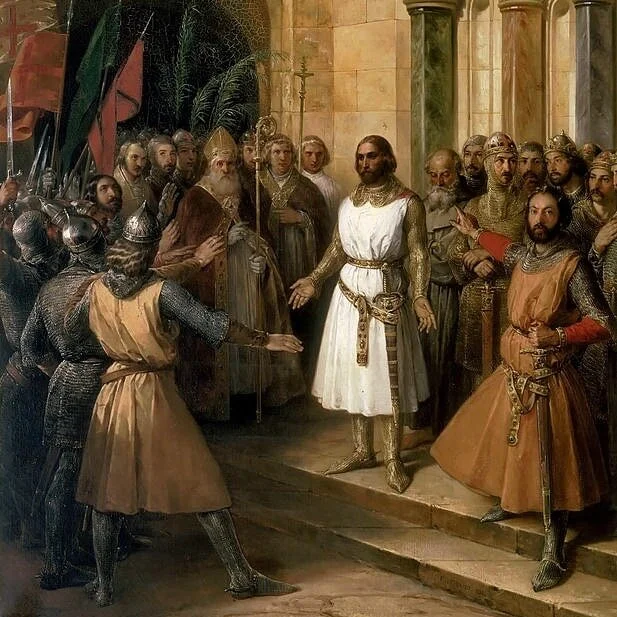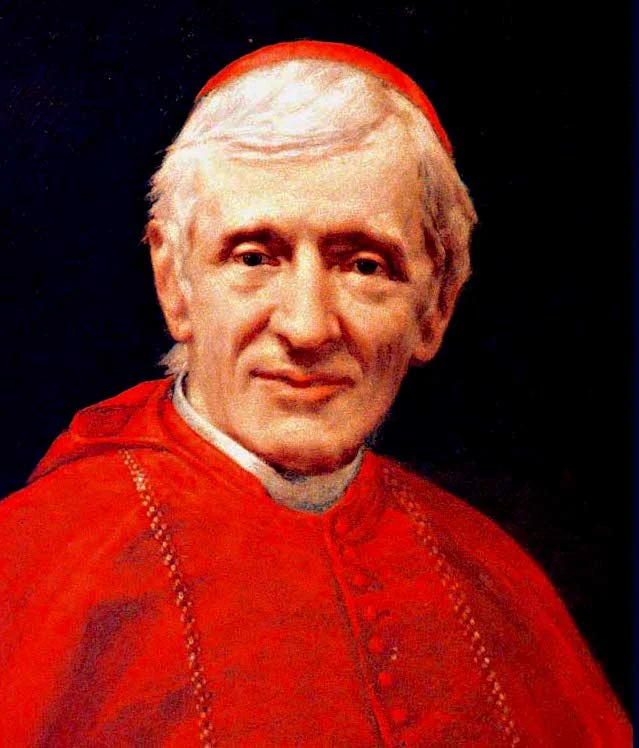To you, therefore, my words are now directed, who are renouncing your own whims to do battle under the Lord Christ the True King, by taking up. . .
Notice that it is battle that you as a gentleman are being called to. And that this battle consists first and foremost in . . .
Read MoreThe question of rediscovering authentic Catholic culture and restoring it in practice is “one of the vital challenges of our time” (C. Dawson)…
Read MoreThese meditations and devotions by St. John Henry Newman, spanning poetry from his Anglican period (including his most famous and well-beloved poem, "Pillar of Cloud"/"Lead, Kindly Light"), to reflections on God’s Divine Providence from his later period as a Catholic and founder of the Oratory in England, expresses a profoundly confident but deeply human faith that resonates with the very real experiences of modern Christians from all walks of life. These poems intimately show a personal side of Cardinal Newman that few have glimpsed who are only familiar with his academic works. Nonetheless they are universal enough in human experience to make the perfect companion to your journey of faith.
No matter where you’ve been or what you’re going through, this collection of poems and prayers by the Catholic Church’s newest Saint will connect you with God and St. John Newman, through heart speaking to heart.
Read MoreExcerpt from St. John Henry Newman’s great historical essays on St. Benedict (original modern commentator on the “Benedict Option”):
Ch. 4: Eastern and Western
Monasticism
“It is quite true that instances are sometimes to be found of monasteries in the West distinguished by much intellectual activity, but more, and more striking, instances are to be found of a like phenomenon in the East. If, then, such particular instances are to be taken as fair specimens of the state of Western monachism, they are equally fair specimens of the state of Eastern also; and the Eastern monks will be proved more intellectual than the Western, by virtue of that greater interest in doctrine and in controversy which given individuals or communities among them have exhibited. A very…”
Excerpt from St. John Henry Newman’s great historical essays on St. Benedict (original modern commentator on the “Benedict Option”)
“Monachism was one and the same everywhere, because it was a reaction from that secular life, which has everywhere the same structure and the same characteristics. And, since that secular life contained in it many. . .”
Read MoreExcerpt from St. John Henry Newman’s great historical essays on St. Benedict (original modern commentator on the “Benedict Option”)
“St. Benedict, then, like the great Hebrew Patriarch, was the "Father of many nations." He has been styled "the Patriarch of the West," a title which there are many reasons for ascribing to him. Not only was he the first to. . .”
Read MoreIntroduction
As the physical universe is sustained and carried on in dependence on certain centres of power and laws of operation, so the course of the social and political world, and of that great religious organization called the Catholic Church, is found to proceed for the most part from the presence or action of definite persons, places, events, and institutions, as the visible cause of the whole. There has been but one Judæa, one Greece, one Rome; one Homer, one Cicero; one Cæsar, one Constantine, one Charlemagne. And so, as regards Revelation, there has been one St. John the Divine, one Doctor of the Nations. Dogma runs along the line of Athanasius, Augustine, Thomas. The conversion of the heathen is ascribed, after the Apostles, to champions of the truth so few, that we may almost count them, such as Martin, Patrick, Augustine, Boniface. Then there is St. Antony, the father of monachism; St. Jerome, the interpreter of Scripture; St. Chrysostom, the great preacher.
Education follows the same law: it. . .
Read More





